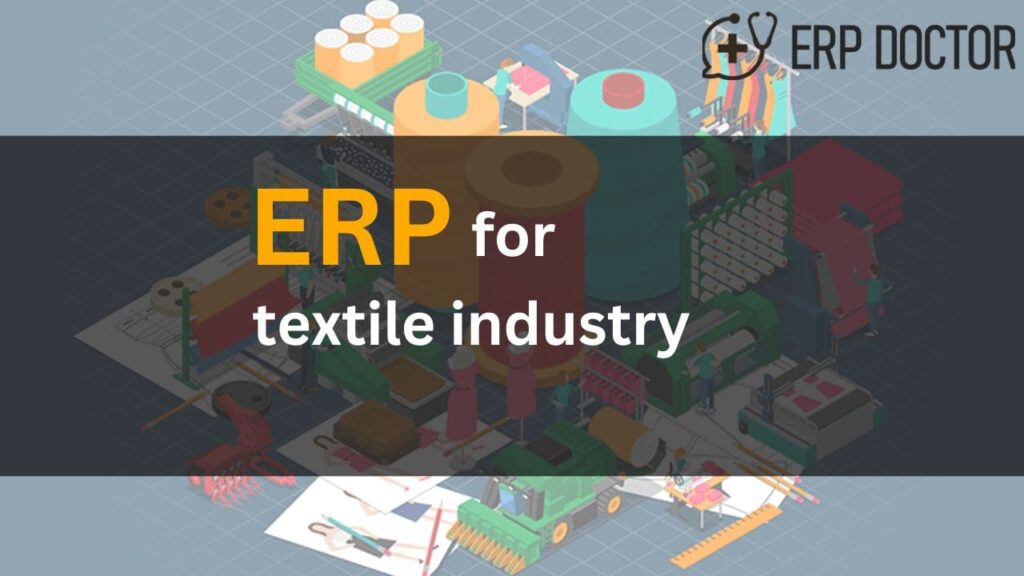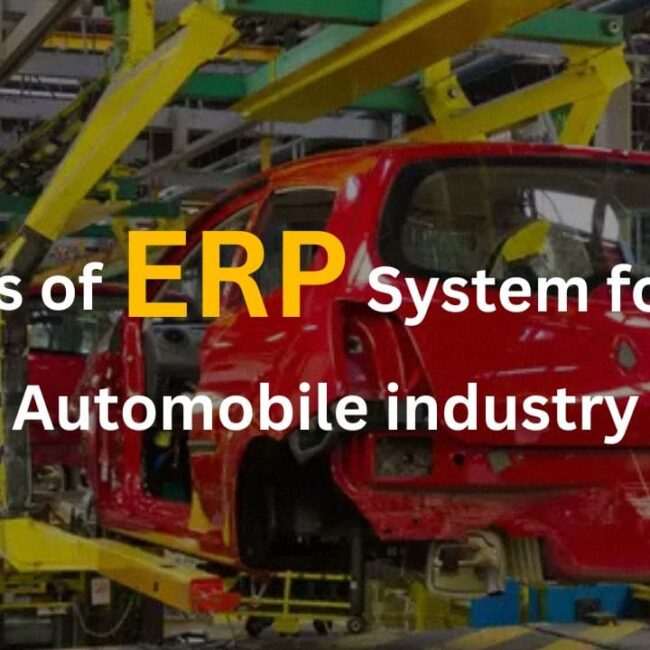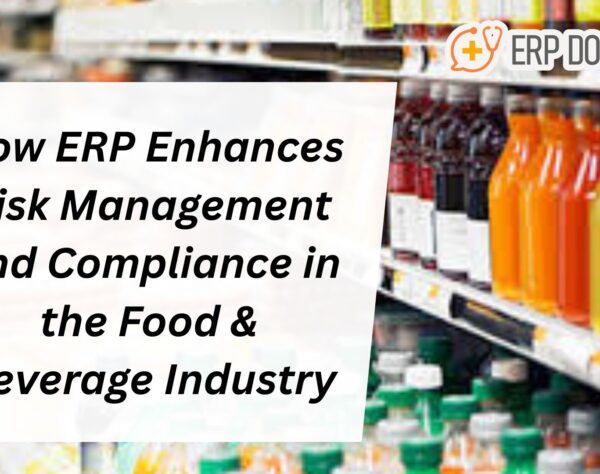
ERP for the Textile Industry

ERP For Textile Manufacturing with Seamless Integration
In the dynamic landscape of the Textile and Garments Industry, maintaining competitiveness necessitates a robust integration of ERP systems and E-commerce platforms. The industry, once characterized by manual craftsmanship, has transitioned into a modern engineering domain, leveraging advanced technologies and diverse fibers for textile production. However, this progress brings forth challenges such as inventory management, workforce organization, and machinery maintenance. ERP systems, tailored specifically for textile and clothing businesses, address these challenges comprehensively by amalgamating various operations into a unified and user-friendly platform, thereby streamlining business processes and enhancing efficiency. In this article, we will elucidate how ERP systems facilitate the evolution of Textile manufacturers within the industry’s technological advancements.
Order to cash:
The Make to Stock & Order process in the Textile and Garments Industry typically begins with receiving yearly/quarterly or time-based blanket agreements from customers, which are translated into Purchase Orders (POs) or Blanket Agreements within the ERP system. Finished Goods (FG) are produced periodically per these agreements. Subsequently, Accounts Receivable Invoices and Incoming payments are processed, with major reports including Customer receivables, Cash flow, and Sales analysis.
Procure to pay:
Utilizing the Material Requirements Planning (MRP) functionality, procurement planning is initiated at the onset of each month, generating purchase requests automatically. Upon receipt of goods by the stores, Goods Receipts are generated, followed by the processing of Accounts Payable Invoices and Outgoing payments.
Sales orders for Textiles and Garments:
Sales Orders (SO) are generated either from blanket agreements, upon raising POs, or upon confirmation of quotations by customers within the Textile and Garments Industries. Additionally, utilizing Document Management Systems (DMS), soft copies of POs are attached, payment terms and delivery dates are finalized, and order acknowledgments are sent via email through the ERP system.
Sales Quote within ERP:
Upon confirmation of Sales Quotations from customers, they are converted into orders within the ERP system, subsequently closing the quotation.
MRP:
MRP serves as a pivotal tool for production planning and procurement of raw materials, considering inventory levels and demand forecasts, thus playing a crucial role in the Plan to Produce process.
Purchase Request within ERP:
Purchase Requests (PR) are generated automatically via Material Requirements Planning or manually department-wise for office equipment, consumables, etc., against which Purchase Orders are generated.
Purchase Order within ERP for Textile and Garments:
Based on Purchase Requests, Purchase Orders are created through approval procedures, with items having default suppliers automatically triggering PO creation, fetching unit costs from set price lists.
Goods Receipt Purchase Order (GRPO) within ERP:
Upon delivery of items by vendors, Goods Receipts against Purchase Orders are posted within the ERP system, updating inventory levels accordingly.
Supplier Payment for Textile and Garments within ERP:
Supplier invoices are processed based on Goods Receipts, against which outgoing payments are executed within the ERP system.
Production within Textile and Garments with ERP:
Following the Bill of Materials (BOM), production orders are automatically generated considering demand forecasts and stock levels by MRP. Raw materials are issued stage-wise, and upon completion of all stages, production receipts are executed, with finished goods added to inventory (Product Costing remains a critical aspect).
Invoice processing with ERP for Textiles and Garments:
Accounts Payable invoices are generated within the ERP system, followed by the posting of payment entries, ensuring proper control through the Open Document system.
This delineates how ERP systems significantly benefit Textile and Garment manufacturing by enhancing overall efficiency and optimizing manufacturing operations, thereby facilitating industry evolution amidst technological advancements.
To learn more about our services, visit us at: https://erpdoctor.in/
Embark on an inspiring journey today – Visit our website and discover a world of knowledge, creativity, and endless possibilities! Don’t miss out on exclusive content and exciting updates. Click here to explore and be part of our thriving community!






